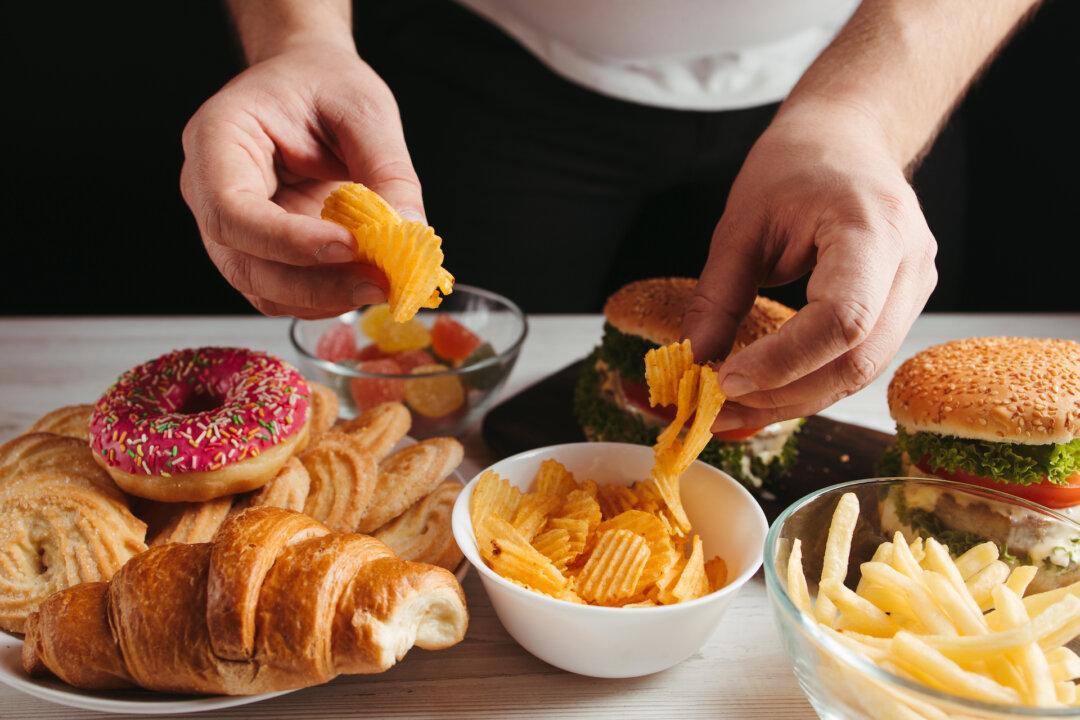The dreaded disease we know as tuberculosis was at one time known as consumption.
A highly contagious illness, consumption got its name from the way it takes a person’s life slowly from within—first with a bloody cough, then fever, pallor, and the long, relentless wasting away.





